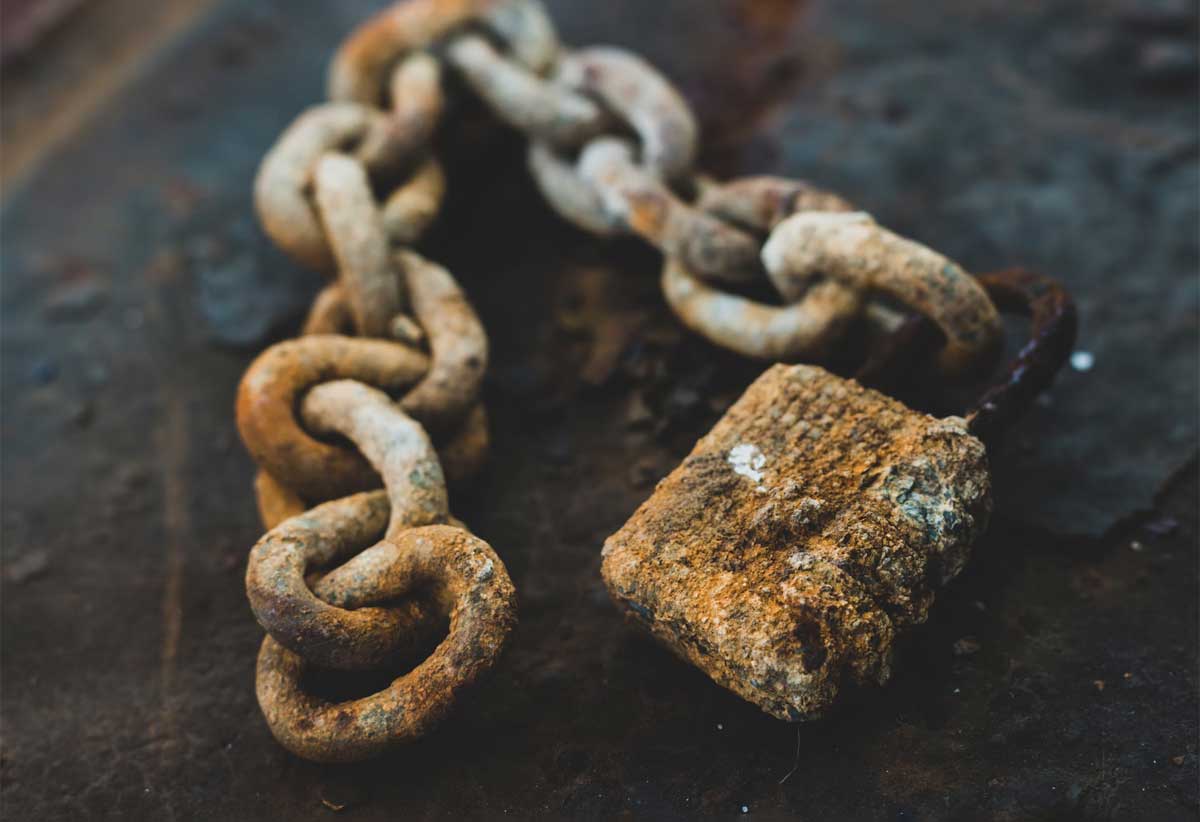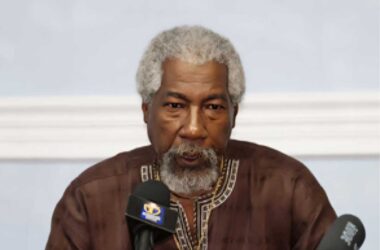

Approaching 10 years since calling for Reparations from the UK and European nations that benefitted from Trans-Atlantic Slavery and Native Genocide, former European colonies in the Caribbean are considering approaching the International Court of Justice (ICJ) for a legal opinion on demanding compensation from 10 European nations.
According to a July 18, 2023 article by Lisa O’Carroll, The Guardian (UK) Brussels correspondent, Saint Vincent & The Grenadines Prime Minister Dr Ralph Gonsalves, current leader of the Community of Latin American and Caribbean States (CELAC), says the Caribbean Community (CARICOM) also expects an apology from the British government.
The longest-serving CARICOM Leader also expressed disappointment in UK Prime Minister Rishi Sunak’s lack of engagement in the matter.
“I’m disappointed to see that Sunak, who ought to, given his origins, have a greater sensitivity to this question of the past,” said Gonsalves, who has been prime minister for 22 years.
PM Sunak’s parents were of Indian origin and raised in British colonies in East Africa.
“I’d like an apology from the British government and the engagement for a mature conversation for a programme for reparatory justice,” Gonsalves told The Guardian.
He added, “Reparative justice is not just a crude calculation about monetary compensation for descendants of enslaved people, but a wider recognition of the continuing effects of slavery and colonization on public health, economic development and cultural heritage.”
“This is not a case of looking for people with the DNA who were enslaved. No, we are dealing with the historical legacies of the enslavement of [Africans] and there are contemporary manifestations on the development linked directly to slavery and indeed, to native genocide,” he said.
Gonsalves said a decision on a formal approach to the ICJ for a legal advisory would probably be taken in August, at a meeting of the CARICOM Prime Ministerial Sub Committee (PMSC) on Reparations in August, led by the Barbados Prime Minister, Mia Mottley.
“This is a very serious matter,” said Gonsalves. “We have had some legal work done already prepared,” he added, saying the issue was gaining “more and more traction” in Europe.
“We are at the stage where we probably will go to the international court of justice for an advisory opinion, but there are other parallel activities which are taking place and this is gathering momentum,” he added.
The article notes that a legal advisory from the ICJ is not legally binding, but would put pressure on the 10 European countries targeted to engage in reparative justice.
Gonsalves said “the time has come” for “a mature conversation” with the likes of France over damage in Haiti, the Netherlands in Suriname, and Spain’s history with many Latin American countries over their past wrongs.”
“People used to say only people on the fringes spoke about this, but now the subject is in the mainstream,” he added.
He continued, “Remember the resources from the slave trade and slavery helped to fuel the Industrial Revolution and laid the basis for a lot of wealth in western Europe.”
The article noted that “PM Gonsalves failed to persuade the EU leaders at a summit with the CELAC leaders in Brussels to include a paragraph in an official communique recognizing native genocide, the elimination of Indigenous peoples through colonization.
“But he said he accepted that not all European countries were involved in colonization.”
The EU-CELAC meeting was long in coming, but while falling short-of-a-length on the issue of Native Genocide, it did yield a satisfactory first-step, though a decade late, in full and formal engagement with Brussels, which hadn’t offered a formal collective response to the almost decade-old CARICOM call for engagement in discussions on reparations for the descendants of enslaved Africans and the indigenous ‘First People’ exterminated through mass genocide following Columbus’ accidental arrival in this part of the world in 1492.
All of 531 years later, the Caribbean Organization of Indigenous People (COIP) is still seeking a front seat at the CARICOM Reparations table, while the rest of the world continues to skirt around the UN Conventions and Declarations on Rights of Indigenous people everywhere, from Australia and The Americas to Africa and The Caribbean.
But 500 years after the Papal Doctrine of Discovery that blessed the genocidal conquests by ‘conquistadores’ wearing rosaries brought by ships with crosses on their sails, the first non-European Pope of the Roman Catholic Church has renounced the devilish parchment, which legal weight should also be measured by CARICOM and CELAC, as well as all other nations that suffered native genocide slaughters and destruction of civilizations that preceded Europe’s.
The COIP is the CARICOM region’s main Big Tent for its First People and governments should more-quickly and openly engage with it, to not only lay the basis for examining the legal weight of Pope Francis’ renunciation of the five-centuries-old doctrine of death, but also to start laying the foundation for more and better education of CARICOM citizens, about the equal importance of the call for reparations for Slavery and Native Genocide.
At a time when First People are also demanding return of stolen artefacts and body parts in European and American museums, indigenous burial grounds are being unearthed below construction sites across CARICOM – including lately from Dominica to Saint Lucia and Trinidad & Tobago – with increasing frequency, which should require a regional policy position, as, in many cases, the Amerindian burial sites are being uncovered on private property, where developers are normally unwilling to disclose such findings to avoid the exposure that comes with advocacy.
August 9 is designated by the United Nations (UN) and observed internationally as International Day for Indigenous People (and Columbus Day in North America) and it would be good for CARICOM to seize the opportunity of the upcoming observance to make hay while the sun still shines on the issue of legal rights of descendants of victims of Slavery and Native Genocide.





